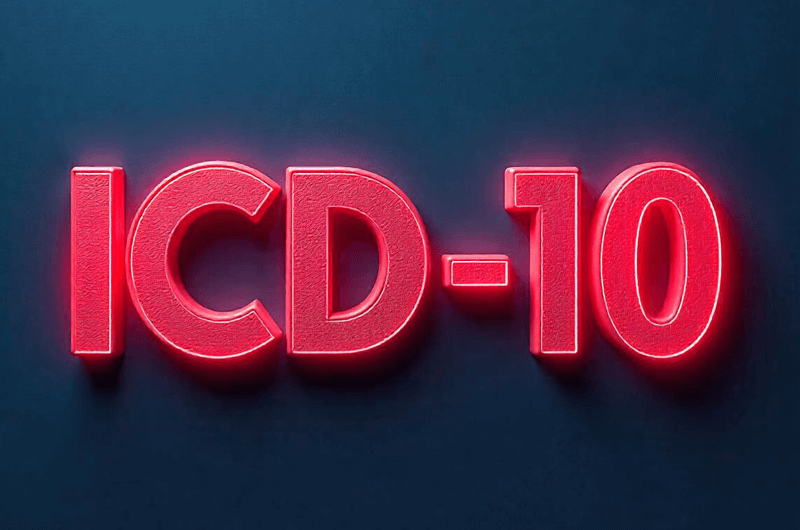The Energy and Commerce Subcommittee on Health discussed the ICD-10 coding system implementation date, October 1, 2015 with the representatives of the healthcare industry during a hearing held on February 11, 2015. One of the major facts raised was that implementing the new system as a replacement to ICD-9 will create consistency between the U.S. healthcare system and other industrialized countries. In the opinion of full committee chairman Rep. Fred Upton (R-Mich.), Australia was the first country to adopt this system in 1998, while many countries including Canada, China, France and Germany have implemented it since then. In the United States, the adoption has been delayed for nearly a decade.
The better specificity of ICD-10 compared to ICD-9, and its capability of specifying new treatment and technologies were highlighted. An example was also given. An old man severed his femoral artery and the artery was replaced with a synthetic graft. He developed bleeding at the site of the graft a day after surgery and returned to the operating room. His incision was reopened and the graft repaired at the site of the leak. The ICD-9 system will code this as ‘mechanical complication of other vascular device or implant or graft’ (996.1) while ICD-10 will provide a much more complete picture that the complication was hemorrhage, the exact site where it occurred and the revision was a re-suture of the graft using an open approach.
The Senate Finance Committee has been monitoring the implementation of ICD-10 and at the behest of the Committee, the Government Accountability Office (GAO) recently released a report on the Centers for Medicare and Medicaid Services’ (CMS) efforts for ICD-10 preparation and claims processing. The Committee Chairman Sen. Orrin Hatch (R-Utah) and ranking member Sen. Ron Wyden (D-Ore.) opined that this report gave them the confidence that the CMS is preparing for this year’s implementation adequately. This report covering the feedbacks of 28 stakeholders was discussed in the subcommittee hearing.
- All stakeholders found the education material published by CMS for covered entities on its website very helpful.
- Around 17 stakeholders found CMS’ “Road to 10,” the ICD-10 website to aid small practices very helpful.
- Six of the stakeholders found the tools that help providers know which codes to use in the new system to be very helpful.
This underlines the fact that CMS has already taken enough steps to help providers prepare for the changes that the new system will bring to the healthcare industry.
Costly Delays
The stakeholders interviewed by the GAO said that the previous delays have been costly and burdensome for them. The GAO report also states that both Medicare and Medicaid have incurred millions of dollars in cost due to the delay. Further, CMS estimates an increase in costs for some providers and payers by as much as $6 billion with an additional one-year delay. The Subcommittee also reviewed this and discussed not only the cost incurred for testing the new system, but also the cost for maintaining dual systems currently. The hearing concluded with the concern that the uncertainty of implementation date remain as a major impediment to smooth transition.
The GAO will continue monitoring the preparations and testing of ICD-10 implementation efforts by CMS to make sure that the system is ready for the October 1 deadline.




